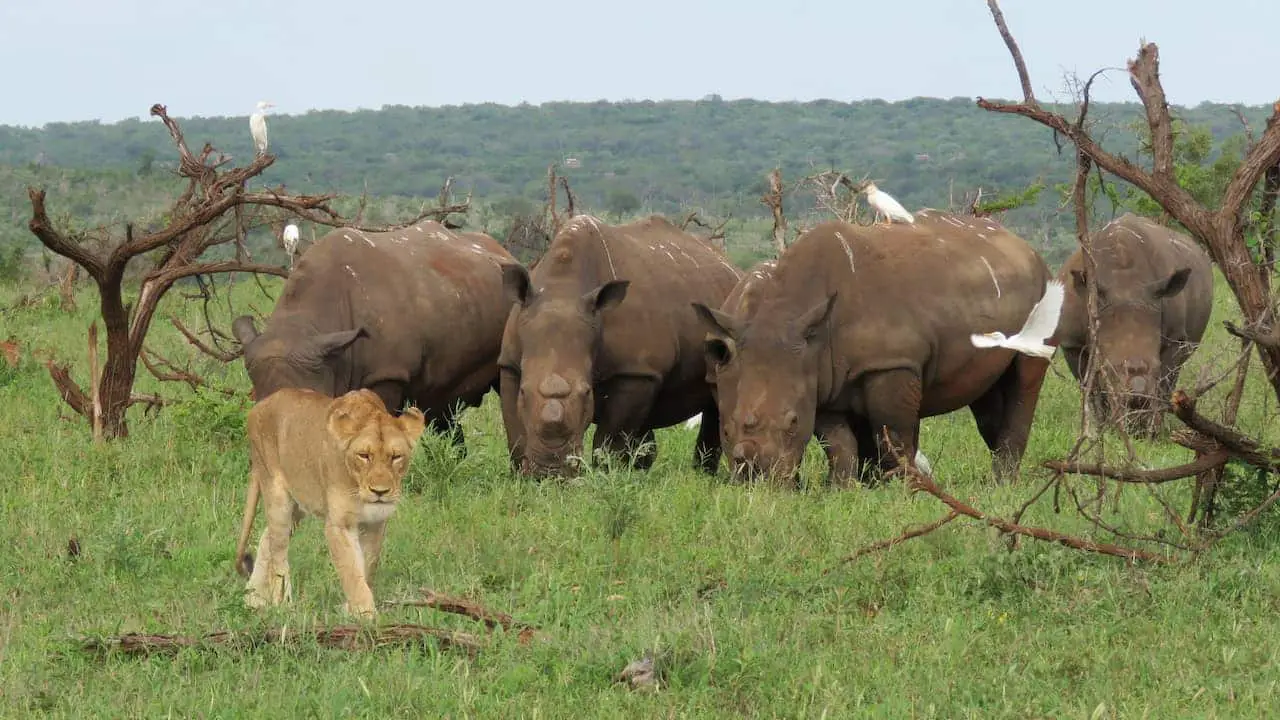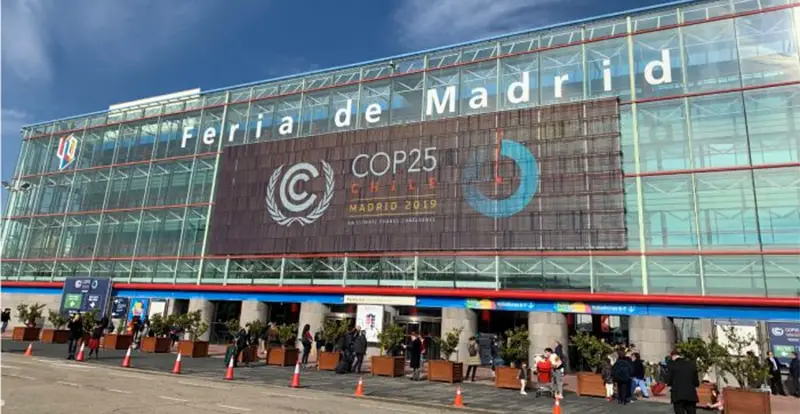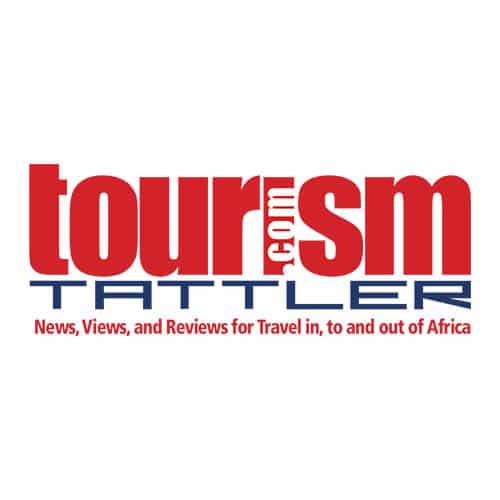Tour Operators’ Charter for Sustainable Tourism
The important role that Tour Operators play in lowering the impact of mass tourism on local communities, economies and natural attractions is underestimated, and, indeed, under recognised. By Greg McManus.
Most often it is left to the product owners themselves to communicate their initiatives to guests rather than the Tour Operator actively including and selling these attributes in their marketing collateral and tour itineraries.
The Tour Operators’ Charter – a unique initiative by The Heritage Environmental Management Company – aims to change this. It is designed to recognise tour operators who commit themselves and their companies to sustainable tourism practices by make use of independently certified, environmentally friendly and sustainable products and services.
The Charter measures the extent to which operators consider the impact that their operations have on chosen destinations by considering the products supported, the transport needs of clients, and the efforts taken to protect the environment, communities and cultures in general.
Membership to The Charter is awarded in two categories:
1. Tour Operator Membership
This category is awarded to operators who offer transport, accommodation and other tourism or travel related services for sale, either directly or through an agent, travel services or activities that include transport, accommodation and other tourism services in association with independently monitored or certified responsible tourism product owners.
2. Associate Membership
Associate membership recognises individuals who through their own actions and practices support businesses or tourism-related products/services that are independently verified as environmentally or socially responsible by a recognised label, rating, mark or initiative in this field. Membership of this category does not endorse the organisation or company with which the individual is associated unless the company or organisation has been awarded Tour Operator Membership status.
Performance Criteria
Performance criteria that have been established reflect a number of key business practice elements and Global Reporting (GR3) Standards. These include; • The Tour Operator and the Environment • Product Management and Development • Business Associates, Suppliers and Service Providers • Operational Management Systems • Supply Chain Management • Customer Relations • Destination Management • Community Relations.
Performance Evaluation
At the end of each year of membership, members are required to submit a Portfolio of Evidence to support their status (based on the above) and to develop and make available an environmental report for their clients, business associates and Board. The reporting standard is based on the GRI Sustainability Reporting Guidelines for The Tour Operators’ Sector. On-site assessment and verification visits are undertaken by the Charter Administrators from time to time to verify the information provided.
Those Tour Operators that make use of coaches, vehicles and other means of transport that can impact negatively on the environment will need to demonstrate a workable carbon offset strategy as part of their annual reporting process. This could include a greening policy for communities affected by their operations; membership of a recognised greening campaign or other offset initiatives.
TheTour Operators’ Charter aims to achieve four objectives. These are:
- To reduce the effect that the operations have on its environment and surrounding communities;
- To increase awareness and sound management systems that will ensure the long-term sustainability of the business and its surrounding environment;
- To reduce the operating costs and expenses of the operation and thereby improve the profits through sound environmental practices and;
- To realise the full potential of sustainable business activities for future generations.
Commitment and Vision
No Environmental Management Programme can work without commitment and focus by the business itself. The Tour Operators’ Charter is not about someone else running or directing your business. It’s all about encouraging and guiding you and your team to ensure your own sustainable management systems.
You hold the key to your own future. You can continue running your business as usual by failing to understand or to mitigate your impacts, or you can choose the moral alternative by committing your business to a more caring and sustainable future today.
After all, don’t future generations have the right to expect nothing less than our commitment today?
For more information visit www.heritagesa.co.za





